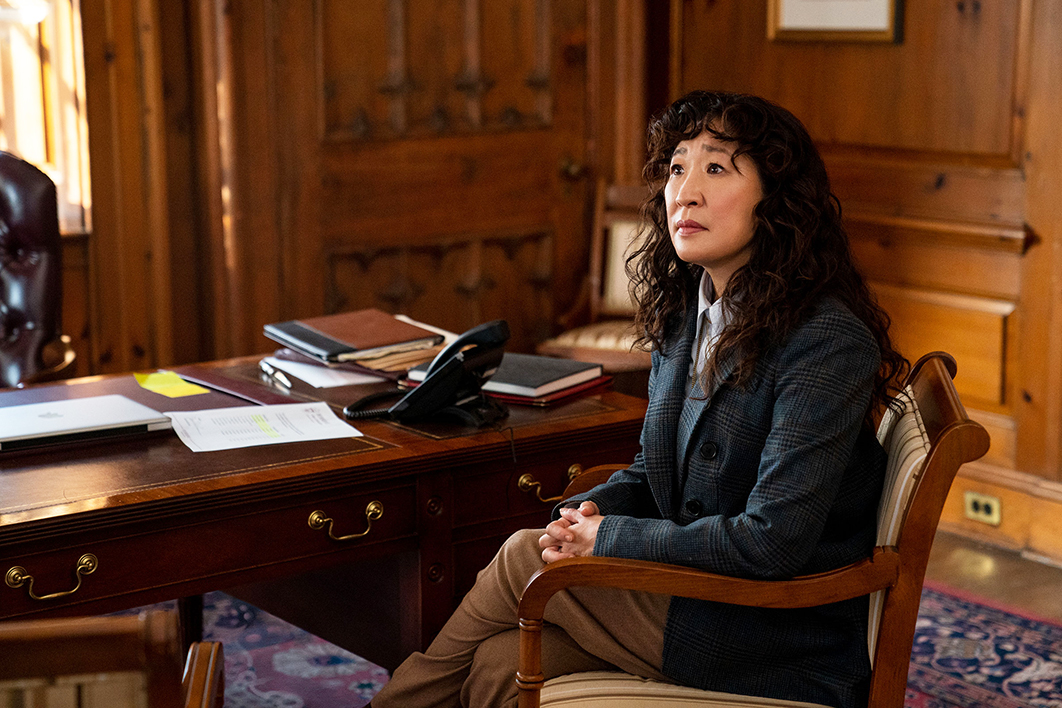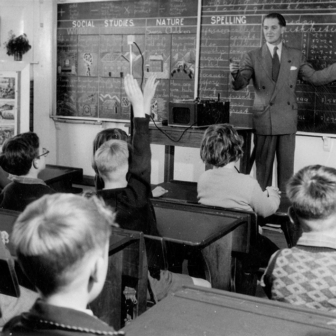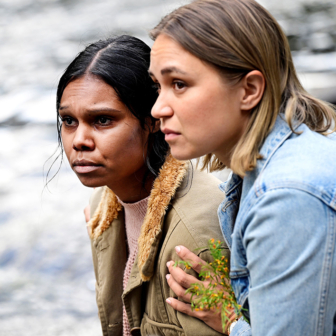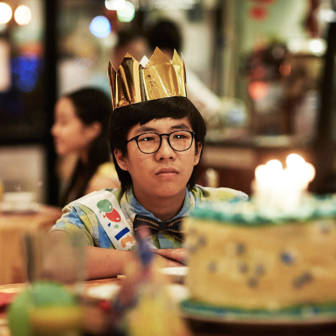In six tightly scripted half-hour episodes, Netflix series The Chair has succeeded in creating something of a tour de force. Described as a dramedy, it combines elements of farce with an increasingly tense story of personal lives in crisis.
A series concerned with the internecine battles in the English department of an Ivy League college would seem an unlikely candidate for widespread popularity, and the healthy ratings are no doubt largely attributable to the appeal of Sandra Oh in the lead role. As a comedian, she has perfect pitch, specialising in a demeanour of constant surprise, as if life keeps serving up eventualities she could never have anticipated.
Oh plays a professor and recently appointed head of department who, as the story commences, seems to know just what to expect. Arriving on campus with an expression of apprehension on her face, she is aware of the challenges she faces as the first woman of colour to take on the role, and at a time when the department’s future is in jeopardy.
The camera follows her through the corridors of a finely appointed nineteenth-century building, adorned with the portraits of former luminaries, to the door of her new office where the sight of her name — Professor Ji-Yoon Kim — evidently gives her some ironic pleasure. She enters, sits at the massive desk in the centre of the wood-panelled room and leans back in the chair, which immediately collapses.
That she did not expect. Besides affording a moment of slapstick, it’s an adroit piece of symbolism. Elements of the typical and the bizarre are combined in the situation she faces and, confident as she may be in her determination to get control of it, the wackier aspects start to get more and more out of hand.
The quartet of veteran colleagues she intends to shield from the humiliation of forced retirement prove deviously sharp-witted in pursuing their own interests. They teach outmoded subjects to empty classrooms, wilfully oblivious to their own responsibility for falling enrolments, but are sufficiently on the ball to be adept mischief-makers. There’s an especially enjoyable performance from Holland Taylor, who defies the stereotype of the borderline geriatric to generate a wonderfully unpredictable storyline of her own.
Maverick lecturer Bill Dobson (Jay Duplass) is the subject of another misfired rescue mission. He’s the most popular teacher in the department, but having gone on a bender after the recent death of his wife and his only daughter’s departure for college, he does a Hitler impression in front of a packed lecture hall to add colour to his explanation of fascism.
And then there are Ji-Yoon’s troubles on the home front. Her adopted seven-year-old daughter Ju-Ju (Everly Carganilla) has become obsessed with birth and birth mothers, and puts the babysitter to flight with explicit questions. Emergency back-up is called for from her grandfather, an elegant Korean-speaking widower who is terrified of the child’s anarchic tendencies.
The debacle surrounding Dobson widens and overlaps with the fallout from a bungled tenure case for young African-American academic Yaz McKay, a rising star who wins prizes for her essays and galvanises the students with improvised rap sessions. As the dean (David Morse) observes, “They want to create their own content.” Played by Nana Mensah, herself an accomplished scriptwriter, McKay combines the dynamism with a steel core: this is someone who will decide her own destiny.
Showrunner Amanda Peet has her work cut out for her with this Escher-like configuration of story arcs. A certain recklessness on her own part, though, makes her approach distinctive. The standard comedy protocol of having it all turn out okay, though with a few clever twists, gets abandoned somewhere along the way. Ultimately the Chair, and all that is held together by it, may be beyond salvage.
The college story, usually heavily sentimentalised, has been a favourite genre in American popular culture since the mid twentieth century and, inventive as they are, Peet and co-writer Annie Wyman don’t always avoid the pitfalls of convention. Both writers have Ivy League credentials, and by choosing to set the story in a college that is itself a bastion of convention, heavily subscribed to notions of literature and writing as higher-order activities, they are also perpetuating these notions.
The prototype of the inspiring literature teacher, epitomised by Robin Williams in Dead Poets Society, hovers over the character of Bill Dobson as his students wake up and lean forward to hear him say profound and arresting things. What he actually comes out with is a few historically inaccurate platitudes. Yaz McKay’s classroom jam sessions are in the same tradition of self-indulgent idealism, albeit in an updated version.
A display of what real teaching and learning may look like occurs outside the building when Dobson fronts up to an angry crowd of students armed with their own set of notions and catchphrases. Evidently keen to participate in what may be an opportunity to engage with the complex ethics of human communication, he steps into a minefield. Plaudits to the writers for not trying to rescue him this time with a few lines of stirring rhetoric.
Peet, who admits to a longstanding interest in psychoanalysis, says the interviews she conducted in preparation for the series convinced her that departmental interactions between academics are “just psychotic family dynamics happening over the course of many years.” That perspective enables an increasingly poignant overlap of family and collegial relations as the story progresses, but it also signals a very significant blind spot in the portrayal of an academic institution.
The fictional Pembroke college, funded from endowments, allows tenured academics to teach whatever they regard as important. The goal of a good teacher is to inspire, and those who do so will acquire loyalty and adoring followers. Scholarly publications are the principle measure of achievement: a suite of brilliant articles will have prestigious institutions bidding for your recruitment.
As two senior Australian academics pointed out in the Conversation, academic life (if it can be called that) is not like this in institutions run on corporate principles of economic viability, client satisfaction and measurable productivity. With the ratio of student funding to staff salaries meaning it isn’t cost-effective for senior academics to teach undergraduates, most courses are staffed by people on casual contracts who don’t get to form long-term collegial relationships, psychotic or otherwise.
While universities may have formal commitments to equity and diversity, the fight to retain a position is rarely about the qualities of the individual who holds it: it’s about how the costs of the salary can be offset against income from research grants and international postgraduates. And with the introduction of penalty rates for students in the humanities, subject areas such as literature, history and philosophy may be wiped from the curriculum in Australian universities.
The Chair is dramatically effective in showing that the broken chair means more than the loss of a job for a few privileged people. The loss of deep traditions of principle and meaning in what should be an advanced learning environment causes palpable distress. Yet to those working in environments where the loss is so much more advanced and thoroughgoing, that distress has hardened into a stoic realism absent from Peet’s dramatis personae. •




